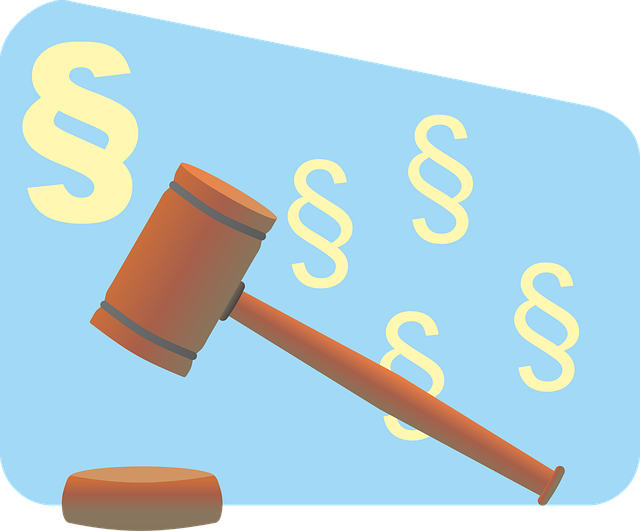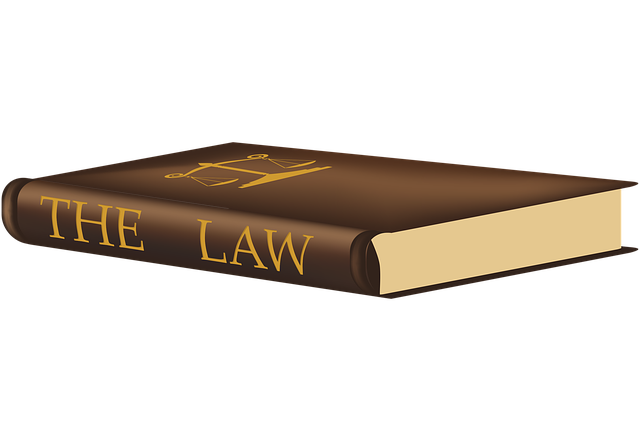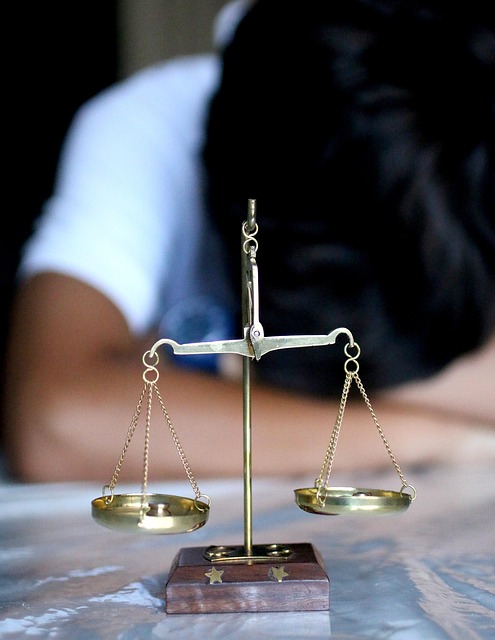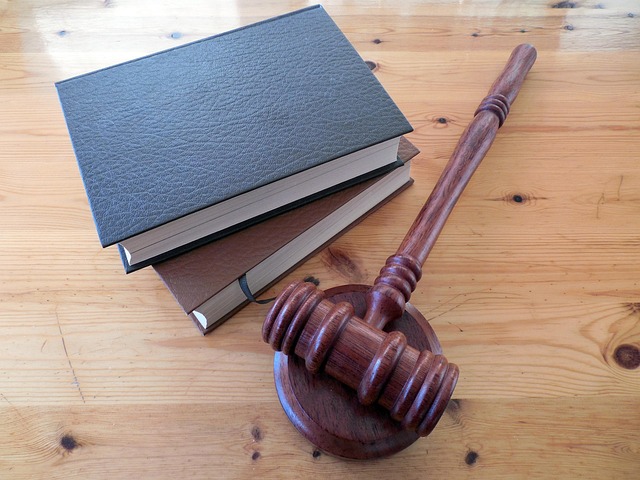Co-ownership property disputes involve legal options for resolving disagreements over property management and sale, with strategies navigating antitrust laws like the Sherman Act and Clayton Act to protect fair competition. Proving co-ownership requires documentation, witness testimonies, and expert analysis. Affected parties can challenge anti-competitive behaviors through collective action, combining dispute resolution methods with criminal defense. Businesses should implement internal controls, compliance programs, transparency, and proactive monitoring to prevent future antitrust violations.
“Antitrust violation cases, particularly those involving co-ownership property disputes, have become increasingly complex and far-reaching. This article delves into the intricate legal framework surrounding these issues, offering insights on understanding co-ownership property disputes, evidence collection in co-ownership cases, and available resolution paths via legal options.
Additionally, it explores strategies to safeguard against future violations, providing essential guidance for both individuals and businesses navigating this complex landscape. Discover key considerations for effective protection and resolution.”
- Understanding Co-Ownership Property Disputes
- Legal Framework for Antitrust Violation Cases
- Evidence and Proof in Co-Ownership Disputes
- Available Legal Options for Resolution
- Strategies to Protect Against Future Violations
Understanding Co-Ownership Property Disputes

Co-ownership property disputes arise when individuals who share ownership of a property have disagreements about its management, use, or sale. These conflicts can involve various legal issues, including antitrust violations if one co-owner believes the other is abusing their position for competitive advantage. Understanding the available legal options is crucial in navigating these disputes. One possible outcome is a complete dismissal of all charges, which could resolve the issue without extensive litigation.
In such cases, jury trials may be an option, providing a more public and potentially faster resolution. However, these disputes often require careful consideration of state laws regarding co-ownership and antitrust regulations to ensure fair practices in business dealings. The respective business interests of each co-owner must also be balanced, aiming for an equitable solution that respects the rights and contributions of all parties involved.
Legal Framework for Antitrust Violation Cases

The legal framework for antitrust violation cases is a complex web designed to protect fair competition and maintain a competitive market. At the heart of this system lies a series of federal and state laws, such as the Sherman Antitrust Act and the Clayton Act, which outline what constitutes anti-competitive behavior. These laws prohibit actions like price-fixing, market division, and the abuse of dominant market position, ensuring that businesses operate within ethical boundaries. In case of violations, individuals or entities found guilty can face significant penalties, including monetary fines and potential prison sentences.
When it comes to co-ownership property disputes, antitrust laws may play a crucial role. If multiple parties are involved in the ownership of a single asset or property, any agreements or practices that restrict the free market access or eliminate competition among co-owners could be deemed illegal under antitrust violation cases. The key is to explore legal options, such as seeking injunctive relief, recovering damages, or forming strategic alliances, all while avoiding indictment and winning challenging defense verdicts across the country.
Evidence and Proof in Co-Ownership Disputes

In co-ownership property disputes, establishing evidence and proof can be a complex task, especially when multiple parties claim rights to a single asset. Legal professionals involved in such high-stakes cases must carefully navigate through a web of documentation, witness testimonies, and financial records to build a compelling case. The goal is to provide an unprecedented track record of fairness and justice, ensuring each party’s interests are protected.
When it comes to proving co-ownership, legal options include examining historical transactions, contracts, and agreements. In some instances, expert witnesses may be required to decipher intricate financial data or appraise the property’s value. These measures are crucial in resolving disputes amicably or preparing for jury trials where clear and concise evidence can significantly influence the outcome.
Available Legal Options for Resolution

In the event of an antitrust violation, individuals or businesses affected have several legal options to resolve such cases. One prominent approach involves co-ownership property dispute strategies, where parties with shared interests can collaborate to challenge the alleged violation. This collective action allows for a stronger voice against anti-competitive practices, potentially leading to winning challenging defense verdicts.
The resolution process may also include negotiating settlements or engaging in alternative dispute resolution (ADR) methods like mediation and arbitration. Achieving extraordinary results is feasible through these avenues, especially when backed by a robust general criminal defense strategy. The goal is to protect the rights of all involved while ensuring fair market competition.
Strategies to Protect Against Future Violations

To protect against future antitrust violation cases, businesses should consider a multi-faceted approach. One strategy is to implement robust internal controls and compliance programs. This includes regular training for employees on antitrust laws and ethics, as well as establishing clear guidelines and policies that align with competitive market principles. By fostering a culture of integrity and transparency within the organization, companies can reduce the risk of accidental or intentional anti-competitive conduct.
Additionally, co-ownership property dispute resolution mechanisms can be employed to mitigate potential legal issues. Early detection and mediation of disputes related to shared resources or collaborative ventures can prevent escalation into full-blown lawsuits. Businesses can also leverage their influence within philanthropic and political communities to advocate for clearer and more effective antitrust legislation, ensuring that regulatory frameworks keep pace with evolving business practices. Moreover, staying informed about industry trends and engaging in proactive self-monitoring can help identify emerging risks, allowing businesses to take preventive measures such as avoiding indictment through proactiveness and transparency.
In navigating antitrust violation cases, especially concerning co-ownership property disputes, understanding the legal framework and available evidence is crucial. By recognizing the intricacies of these matters, individuals can employ strategic approaches to protect their rights and resolve conflicts through viable legal options. This ensures fairness and promotes a robust business environment where competition thrives while adhering to legal boundaries.






